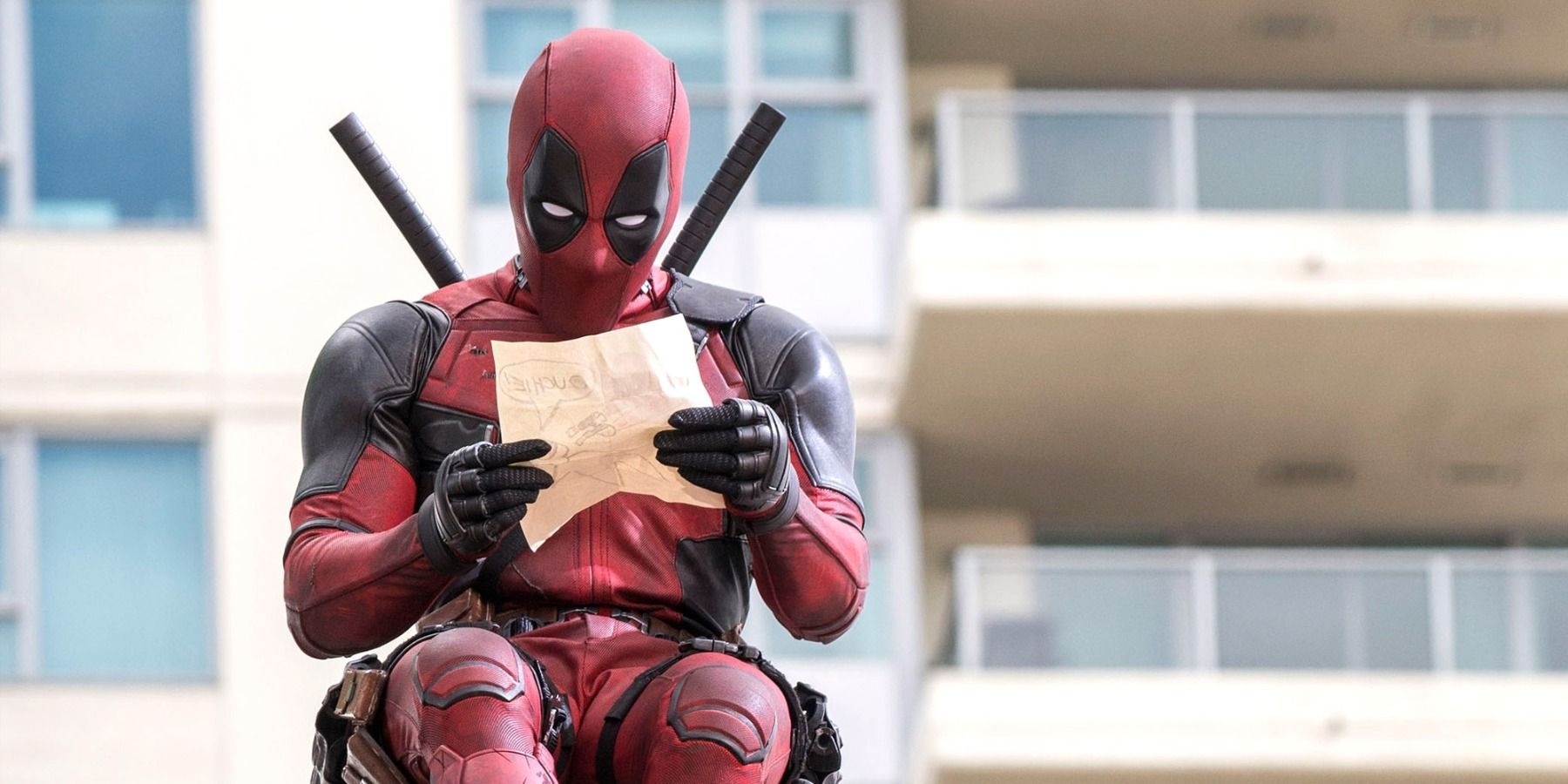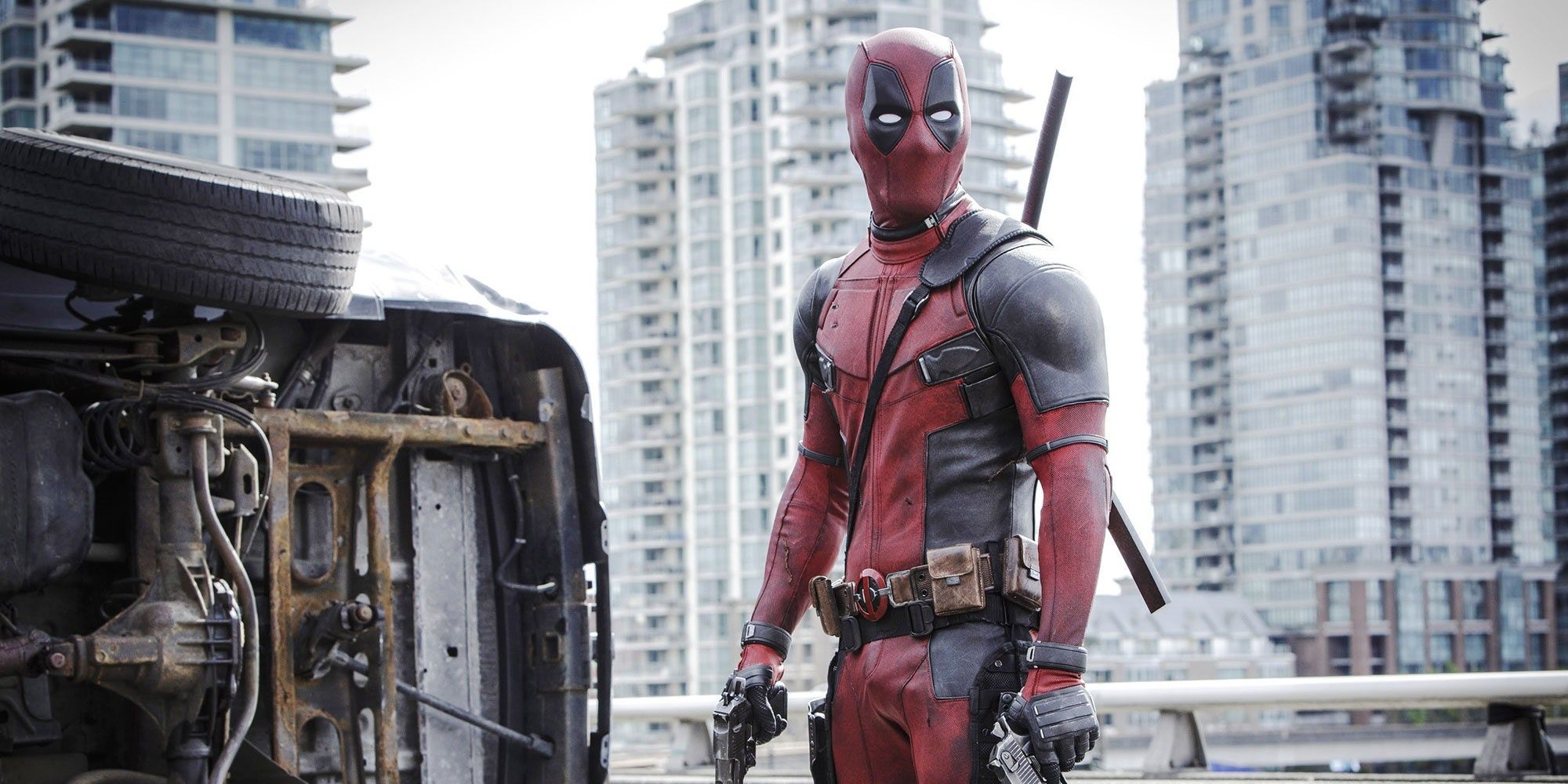What would Deadpool be without the bold and confident R-rating? Well, it'd be a neutered take on a beloved comic book character that would be buried right next to X-Men Origins: Wolverine. The Marvel Cinematic Universe, in its Galactus-esque quest to consume all media on Earth, has taken over the franchise, but will it give it the freedom it deserves?
The MCU has only come to the big screen with PG-13 films. The Netflix era of TV production let off the reigns a bit, but since Disney+ began producing all the content, it's been all-ages across the board. This runs afoul of the uncensored and unrestrained Deadpool, but the MCU could always have taken the risk and put out an R-rated film if they had the courage.
The reason that Hollywood studios resist the R-rating is obvious, movie theaters don't let anyone under seventeen in to see R-rated films, which cuts down the potential audience. Horror films have felt the pain of this edict for years. With some big exceptions, most PG-13 horror is drained of life and put out as a shell of its former self. While comic book superheroes typically faire better under the PG-13 restraints, the fact that it's the only available setting for most of them is still restrictive. The MPAA's rules and regulations are famously ridiculous, but if anyone can get away with a lot, it's Disney. Freeing comic book movies, and the MCU specifically, from PG-13 restrictions might allow for more creative options, especially in cases like Deadpool.
A lot of work went into ensuring that Wade Wilson's first proper solo outing came to the screen with the freedom it needed. Though there had been R-Rated superheroes in the past, like Blade or Watchmen, studio executives were reticent to believe that an adult-oriented action-comedy could succeed. They were famously proven wrong by a character who flourishes in that environment. Some heroes work best in a family-friendly environment, others are better suited to an R-rating. Others can function in either; The Wolverine is PG-13, Logan is rated R, but both are solid films about Wolverine. As superhero movies continue to take larger portions of the yearly box office release schedule, the novelty will become more and more valuable. The problem is that Marvel already has the power to make stranger, more mature, or more unusual films, they just don't want to.
The excuse that an R-rated film won't draw in the same audience falls on deaf ears from the largest entertainment empire of all time. The fact of the matter is, any film with the MCU branding on it will make an amount of money beyond what most indie studios could hope to rake in with their entire catalog. The interesting thing about franchise media is that a well-respected brand name can be slapped onto anything, handed over to any interesting filmmaker, and turned into a work of creative genius. Many of the best comics came from a similar ethos, let a strange and interesting writer play with an existing story until it's totally unrecognizable. Even DC gets this idea, can anyone really imagine the MCU brand letting someone like James Gunn do what he did with Peacemaker? Of course not, because the only PG-13 films he's ever directed were his Marvel entries.
Marvel could make anything, yet even as their products struggle against their boundaries, they still gravitate towards the same cultural standard. Moon Knight sure looked like something new, but its first episode suffers from being too similar to its peers. More adult-oriented programming is only one way in which they could deviate, but it is a striking one. Deadpool feels like nothing that Marvel could put out, so by joining the larger conglomerate, it risks losing what makes it special. This single point of Marvel homogeny creates a standard. Making every film similar to its peers make it that much easier to integrate them into each other. Nothing can break through and be special when filmmakers are designing puzzle pieces to fit together rather than full puzzles that stand on their own.
At least currently, Marvel maintains that Deadpool 3 is on its way, R-rating intact. This is a good decision, but it's also likely one that the company felt like they need to make. It's a temporary bending of the rules that won't change the larger problem. Why do massive multimedia empires become more risk-averse as they become more unstoppable? Why can characters only escape the standard corporate treatment when it's already proven that it can succeed? Why aren't filmmakers allowed to let their vision guide the project when the name alone guarantees a massive return on investment?
It's these problems that will continue forcing franchise media into smaller and smaller boxes. Hopefully, the media ecosystem will find a way to innovate within or break out of the continued standardization of cinema. Deadpool 3 is the example that proves the rule, but at least fans can still get the film they want.



